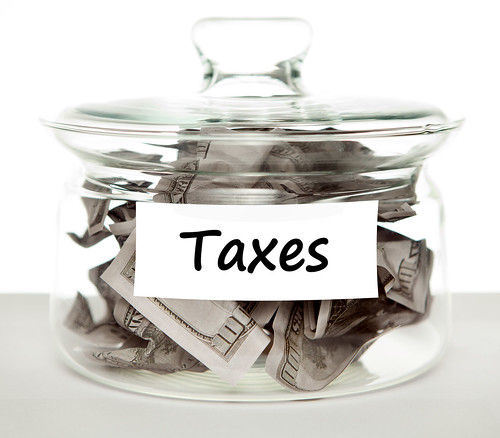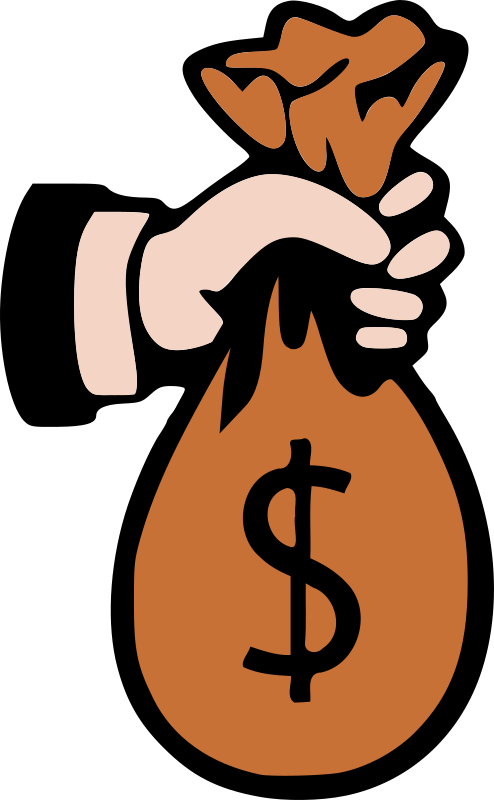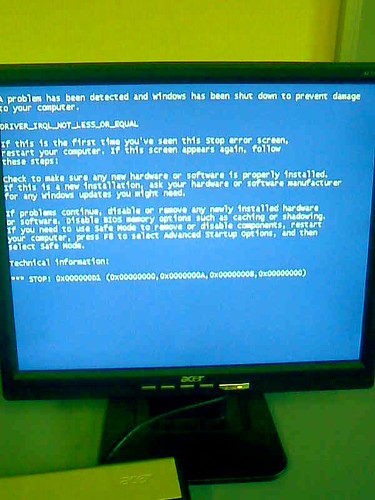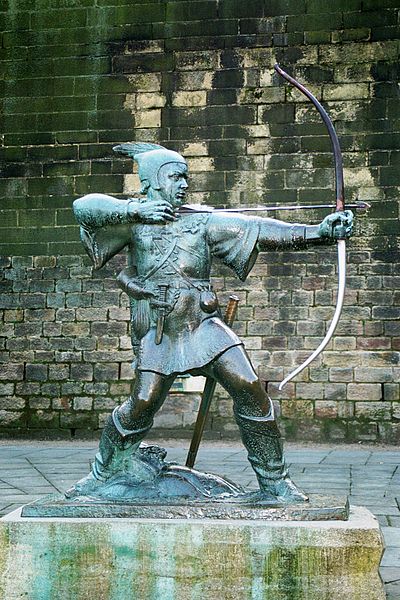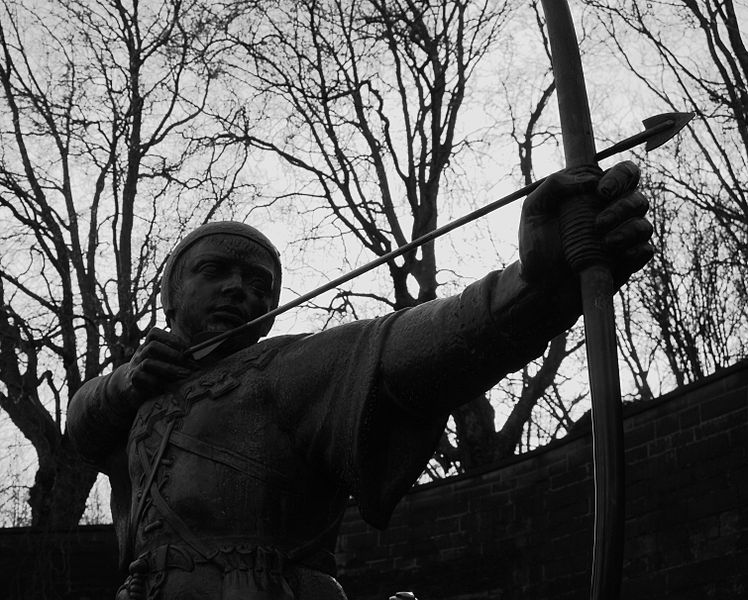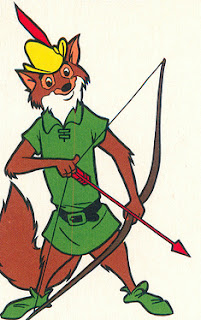It's March...do you know where your income is coming from? Before you break the federal law, figure out what you should know about taxes as a self-published author.
Two Sides to Every Coin
Once you sell a certain amount of books through any venue, from Amazon to Smashwords, you will receive a check in the mail or an automated payment of some sort; it all depends on the payment information you've submitted. When this happens, it's an amazing day. You earned money as an author, and you are a success.
And you are liable for it as a taxpaper. Because here's what you may not know about self-publishing: you're doing it as an independent contractor. What does that mean?
It's pretty simple. You have sold something, a product, on Amazon (or B&N, or whatever). Amazon has taken their cut of the profits and now they are giving you what you have earned as the author. But they have not taken taxes out. Amazon is not your employer. You didn't fill out tax paperwork with them, they are not filing for you with your state or federal agencies. You are an independent contractor.
And you're responsible for claiming your taxes yourself. As a citizen of the United States or any other country (and I am assuming you are), you must pay income taxes. Everyone who lives and works in any country must pay taxes to the central government. The government uses this money to build roads, pay teachers in schools and put cops on the streets -- your basic public service stuff. Amazon isn't claiming your income for you because you do not work or Amazon. You have to claim your income yourself.
When you earn money as an independent contractor, you are technically self-employed. And you're in luck, because so am I.
In the United States, this is how it works: when you earn income as an independent contractor, self-employed professional, freelancer or a self-published author, you must claim this income in order to pay income taxes. Your income taxes are based upon a percentage of what you earn; it's roughly 25% unless you earn more than $200,000 a year but if you earn more than $200,000 a year you probably already know what you need to know about taxes. Here's the fun part: you must also pay self-employment taxes. This is about 15% of your total self-employment earnings. The SE tax pays for Social Security, Medicare and other programs that are usually covered by payroll taxes. As a self-employed professional, you do not pay payroll taxes, so that's why.
Confused yet? The good news is, you are only liable to claim your income and pay self-employment taxes if you earn more than $400 as an independent contractor. More good news: the money you spend on your books is tax-deductible. That cover you bought from that artist? The editor your hired to help clean up your words? That tester Facebook campaign you launched? Yes, even the cost of the official copyright -- it's all tax-deductible, because it's a direct business expense. Claim all your expenses, and this is deducted from the independent income you've earned. That means your tax payment is lessened.
Due to new tax laws taking effect in this year, as a self-employed professional you can no longer claim your taxes and pay them only once a year. In the past, many independent contractors have managed their taxes this way. This is no longer allowed. If I'm reading all the information correctly, which is admittedly questionable, self-employed professionals are now obligated to make quarterly tax payments -- the means every three months. This April 15, you must claim all the self-employed income you earned in 2012, and pay all associated taxes. You must also claim all the self-employed income you have earned in 2013 up to April 1. You must claim your taxes, and pay them, again every three months for the remainder of 2013...and for the foreseeable future, until the tax laws change.
It's pretty frightening, I know. Tax forms are pretty much impossible to understand. If you're confused about it, don't be afraid. Call the IRS and get help. They're always there and they will absolutely help you, even if the problem is that you can't pay the taxes you owe. They'll work out a payment plan with you and they're very flexible, so don't be afraid. I've called them several times, and their customer service is far better than what most private corporations are willing to offer.







